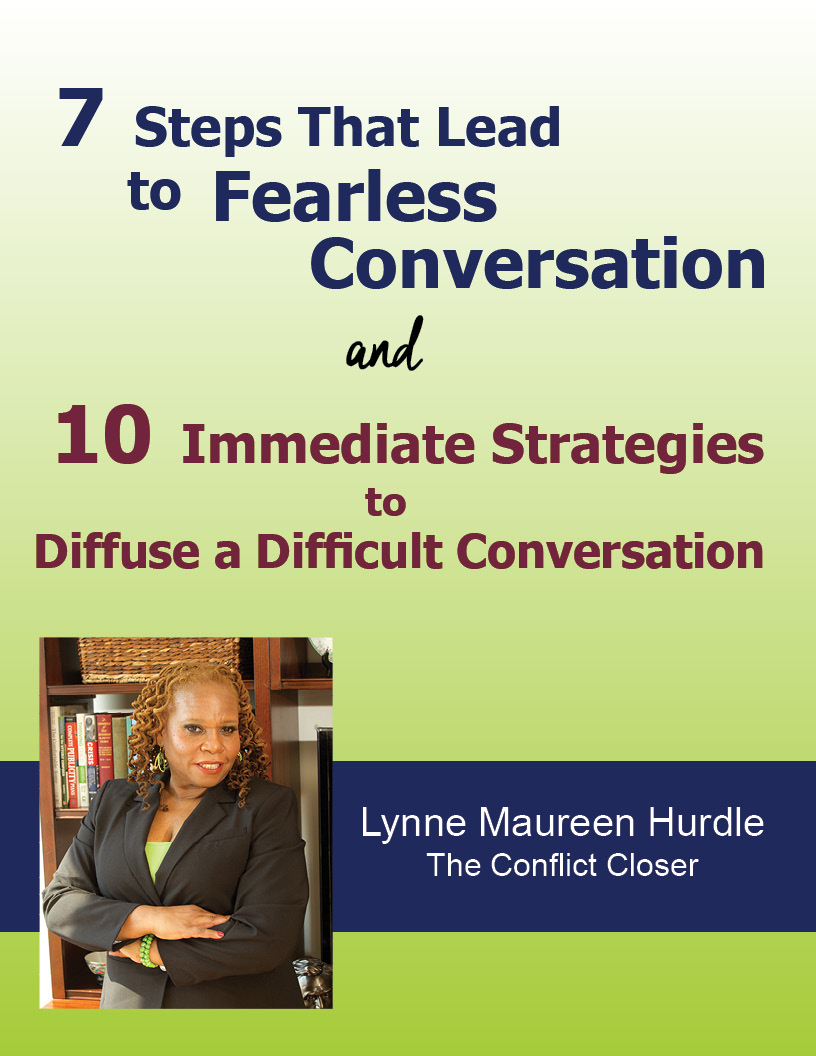Feedback vs. Criticism, lines crossed
It is a cry I have heard far too often over the last couple of years. “It is difficult to manage millennials, they hear feedback as criticism and are always taking everything personally.”
What’s interesting about this to me is, absent the word millennials, I have heard this complaint about giving feedback from leaders for decades. To be fair though, in a time where less face-to-face communication is the norm and the opportunity to criticize anyone, even strangers is par for the course, it is easy to hear constructive feedback as putting you down.
I know this is frustrating for those of us who are in leadership positions at work, in our communities, and at home because our intention is to provide learning and growth (that is your intention right?), but how can that happen if what we are sharing is not heard as such?
Well, what are we sharing?
How do you deliver constructive feedback when in your mind what you need to tell them should simply be commonsense for them? For instance, “Lloyd” interrupts others on the team a lot. You believe it’s commonsense to know that you need to listen and let people finish. You also believe in being straight and to the point, so you say, “Lloyd, you’re interrupting others a lot. You need to stop.”
That’s one way. What has Lloyd learned from this, and equally important, what have you learned from this? It’s true, constantly interrupting folks is disruptive and can hurt relationships, shut down ideas and collaboration and quite a few other things, so it is important to get Lloyd to develop an awareness and stop this behavior. As a leader though, there are advantages to you learning more about Lloyd in relationship to this behavior in order to get Lloyd to invest in stopping it.
Ohhhh, this is where it gets really interesting, because this is where we find out your mindset and beliefs about being in charge.
So, I will start with myself because I am perfectly willing to put my stuff out there if it means we can all learn from it. I grew up with and learned from models of leadership that were described as no nonsense, old-school and you give me respect because I’ve earned it by being in-charge. That means you don’t get to question, you just take it, fear for your life because consequences will be swift, harsh and communicated (actually yelled) at you endlessly. “Because I’m the boss that’s why,” at the office, was synonymous with “because I said so,” at home. You didn’t question or push back against authority. As a leader, this was a lot easier for me than at home as a parent. My sons came with their own ideas on leadership, it was not so much that they wanted to be in charge, they wanted a voice, although the youngest came here wanting to see our credentials for being in charge over him. No joke.
While it took me longer than I wanted to see their challenges as opportunities for all of us to learn and grow, it bumped up against all of my upbringing and cultural norms; I got there, slowly.
Now hear me out, being in leadership does mean that you have the authority and responsibility to make the major decisions and lead the team to being their most productive and valuable selves. You are in charge. We agree there. Getting your team to move forward together to achieve that outcome in the best way is where you have more options than what may have been modeled for you.
Getting to know your team, who they really are besides their job titles or resume or position on the committee or role in your family provides the opportunity to learn some things about how they see the world and why they operate the way they do.
Noticing whether you tend to focus on what people do wrong rather than their strengths can help you remind yourself to switch your focus. We all have strengths but in a society that on purpose points our gaze to everything that is wrong with everyone and everything, it is easy not to notice how much that viewpoint is front and center in our mind. We need to see people’s strengths and humanity.
Giving constructive feedback that takes into consideration who the person is, why they think or do what they do and how it is affecting their mistakes and impeding their ability to add to their many strengths allows them the opportunity to see beyond the fact that you are in charge. In fact, it can help you earn some respect as a leader who does more than lay down the law. It leaves room for them to think, learn and grow.
For Lloyd, interrupting is a learned behavior from his culture and encouraged by a patriarchal society that values his voice. He is aware of doing it but unaware of why and the negative affects it has had on the team. It’s an area in which he must grow, and it is his leader’s job to help him see it, acknowledge it and change it. Real, constructive feedback that expands the lens and points out the gains for all can help it go down less as criticism. I know, everybody is encouraged to acknowledge their feelings these days and that can make things feel more like criticism, but helping folks process, sit-in and move through their feelings is a part of the constructive feedback process as well.
Let’s face it, it’s a lot easier to just write everybody up and issue orders for them to change, but then you’re not taking the opportunity to expand your leadership in a time when old ways are not opening new doors. Hey, I’m not criticizing.
It’s up to you. You can take this constructive feedback or not.
It’s your choice as much as it is mine.
In Love,
Dr. Lynne





